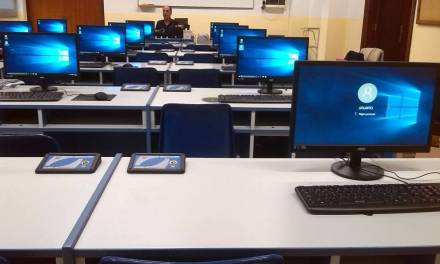Recently, legislation was put forward in New Zealand that allows for school-ages children to take part in online learning courses, potentially reducing (or even eliminating) the amount of time spent in a physical school environment.
Since the motion was put forward, there has been heavy debate about whether or not this will benefit children, or damage their education.
In recent years, it has been noted that an education reform is needed now more than ever across the world, and this has the potential to start it.
However, could online learning ever replace schools? In this article, we discuss exactly that.
The Benefits and Downsides of Online Learning
There are a whole range of advantages to children taking up online learning. Most of the websites have courses that are not available in every school, giving the children the chance to learn about the things that excite them and that they are passionate about.
The websites used are also accredited by educational systems to ensure that they provide accurate information and a safe learning site. Plus, the online lessons often take place with a real teacher on the screen, so there is still a form of interaction there. So you don’t need to worry about your child being unsafe or negatively impacted, the same school rules are followed, it’s just virtual instead.
However, there have been some concerns from parents with regards to looking after their children at home when they have work and other commitments. So virtual learning should take place in a more controlled environment where parents are still able to go out to work.
There have also been concerns about a lack of socialisation for their child, but the online classes are only part of the school curriculum, and they still have to attend physical classes most of the time.
The Benefits and Downsides of In-School Learning
Many people see the main benefit of education in school as the structure and socialisation. The students have strict rules to follow, a very set schedule of classes, and even a regimented time for a short break and lunch during the day. Many people say that this sort of structure is good for children, and so firmly state that online learning could never replace it.
However, what people do not often realise is that no two children are the same, and neither is their learning pattern. Education in a school setting does not work for everyone, especially when they are subjected to eight hour days with homework after.
In Finland, the school day has been reduced massively and there is no longer any homework. As a result, their education results have actually surpassed every other country worldwide.
To Conclude
Unless the education system starts to change the way it operates, then online learning could easily replace schools. It offers a much wide range of subjects and courses, flexible learning, and can even be developed to suit the learning style of groups of students.
It has far more diverse potential than physical schools, and no one is made to feel less adequate than their peers because they don’t excel at what the education system deems as the ‘core’ subjects. Online learning could not only replace schools, but it could produce even better results than them.









